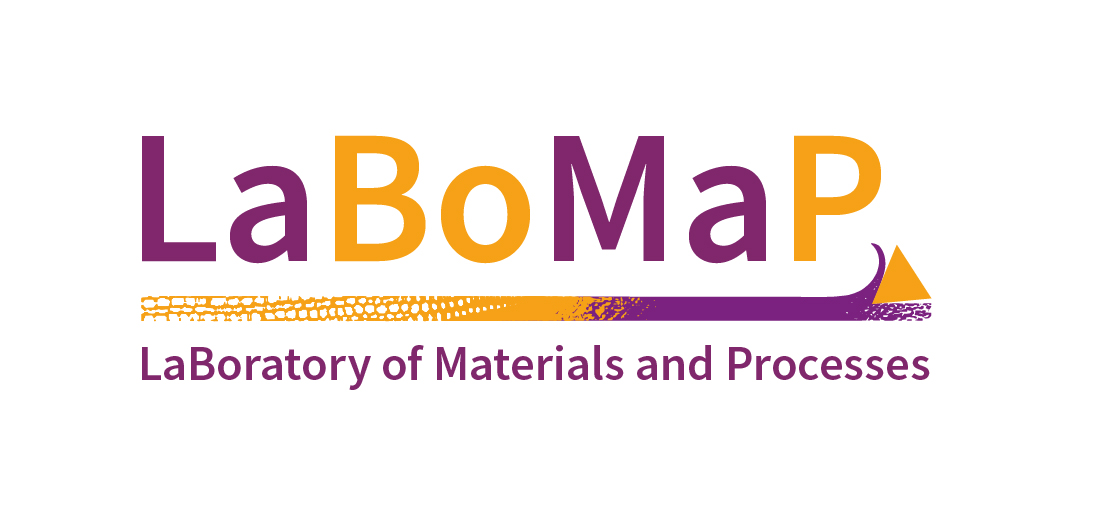LaBoMaP Directory PhD students WMM Team
CURIAL Hugo
Published on November 3, 2023 – Updated on January 17, 2025
PhD WMM Team

Thesis Topic
Valorisation of french hardwood species by peelingValorisation des bois feuillus par déroulage
Abstract
The wood building sector is currently mainly using softwood species for which the French national production is widely inferior to the needs. Consequently, most of the construction wood is imported, widening each year the national commercial deficit of the sector (8.6 billion € deficit in 2021 and 9.5 billion € in 2022). French forests being composed of more than two thirds of hardwood (IGN, 2022), the sector suffers from inequalities between needs and resources. From this review comes the necessity to valorise French secondary hardwood species (not only poplar, oak and beech) with processes suited to their higher variability. A national project initiated by the ADEME (National agency for ecological transition) called "Feuillu choc" and conducted by the FCBA (wood technological institute) aim to find a way of using hardwood species with two main axes, peeling and sawing. Peeling appears to be well suited to this use as it conforms easily to wavy logs to achieve good material yields.In the coming work, secondary hardwood species will be peeled on an elementary scale with a micro peeling machine (3-4cm wide wood discs of 30-50 cm in diameter). Will be measured during peeling, the cutting forces, cutting and dimensional stability (DECES-PETIT, 1996) of the process, tool-wood friction and the effect of different tool, machine and heating parameters on veneer quality in wide range of thicknesses. Fields of deformation during peeling will be visualized with digital image correlation to enhance the understanding of the peeling cutting physics in green wood and especially the lathe checks mecanism. The micro peeling machine has the interest of reducing variability between the different tests as it allows to perform several tests on a single log as well as selecting knot free discs. By limiting wood variability in experiments, the impact of different process parameters on the veneer quality will be easier to identify. A secondary analysis on the full-scale peeling machine (800 mm long logs of 30-50 cm in diameter) will be performed. Just like the micro-peeling machine, the full scale one is instrumented to measure cutting forces and the comparison between the two experiments will be done to, confirm parameter-sets and monitor the influence of the more variable scaled-up specimens.
The expected results of this work will be both of an industrial and scientific interest. In the first place, an experimental data base will be proposed to industrials willing to develop hardwood peeling, featuring process abacuses and information on veneers quality. In the second place, the understanding of cutting physics in peeling should be improved thanks to the dynamic visualization of strain fields during cutting.
Doctoral advisors
- Louis DENAUD - Director,
- Joffrey VIGUIER,
- Bertrand MARCON.

